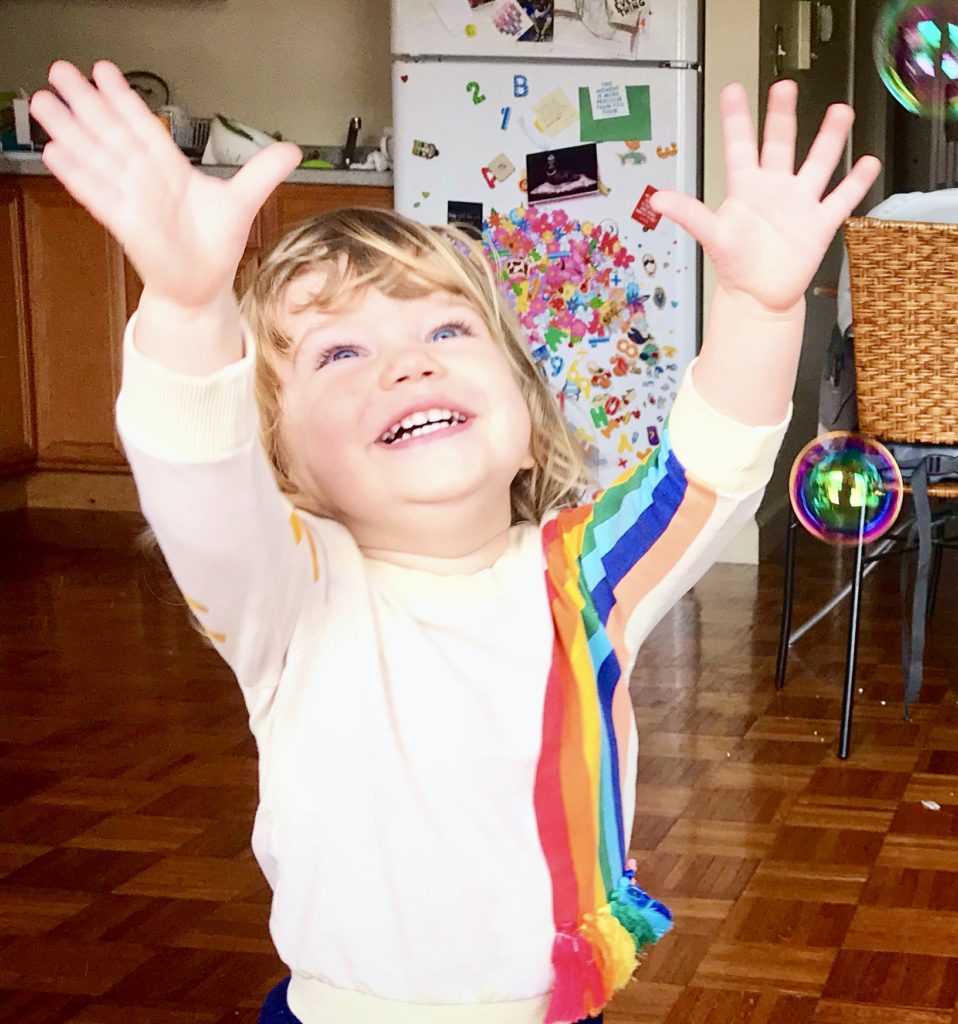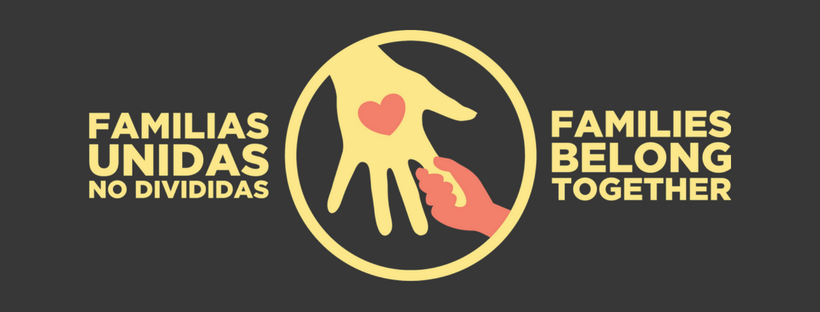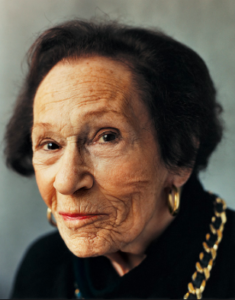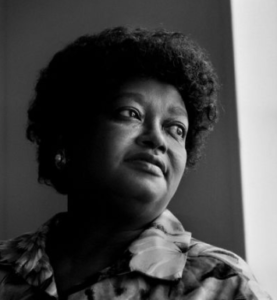
Wow. Would we have ever imagined that our world would encounter such a deep shared experience? A sense of loss, the anxiety of impending potential hardship, and a fear of the unknown is palpable everywhere. So too, compassion and solidarity are on the rise. While this moment was unimaginable even just a few short months ago, we now have a unique and unanticipated moment, which I would like to suggest that it is an opportunity for greatness. While our healthcare workers and other amazing folks tend to the physical needs that this pandemic may create, we each have an extended moment in time in which we can transform ourselves, our communities and our world.
Right now, we have, the biggest transformational energy opportunity in our lifetime. Hundreds of millions of people are having an equalizing experience, bringing us a deeper understanding of our interconnectedness as human beings. We have a chance to really dive into deeper questions. We may ask, who am I really, when the urgent droning on of my routines is halted? How can I live a fulfilling life while this is happening, and after the impact? What if my health or my livelihood, or the health or livelihood of my loved ones is compromised? How can I best be of service at this time?
The great news is this: the world especially needs young leaders now. We have had millions of young people who are yearning to meaningfully contribute, to empower themselves and our communities: this was true before the COVID-19 and it is an even stronger truth now. We may be entering a period of massive grieving, yet we know that within and throughout every tragedy, there is an opportunity to transform! In my own life, it was engagement with social tragedy in my youth that completely changed my path and brought about self transformation. It was the voyage of self-discovery that led me to pursue the path of conflict resolution, social action, and ultimately, leadership development. The potential for structural transformation in our social and economical lives, with our eyes on the Sustainable Development Goals for the betterment of us all, has never been more clearer. We will overcome this, and as a result, rebuild stronger and more resilient communities, societies, and systems. We can heal our social fabric, led largely by amazing young people that are willing and wanting to engage. And you don’t need an invitation to the dinner: you’re already at the table!
What can we do? Let us cultivate and nourish young leaders starting now, through the challenges and opportunities in this present moment, in the short- term adaptation phase dealing with the immediate impact of this pandemic, and in the long term recovery. Let’s make sure that our young leaders are involved. How do we do this?
First, recognize the ones you already know, and support their ideas in any way you can. Young leaders can ask more seasoned leaders for insight and resources, and to tap into their broad networks. Older leaders can ask young leaders for insights and to tap into their newer networks. In 2019, I had the privilege to read about thousands of young leaders’ projects for the Columbia University Youth, Peace and Security Program, and about other initiatives which aimed to transform our communities and contribute to peace, economic equality, and the SDGs. For instance, I learned about Ousia from Togo, who is creating STEM experiences for young people throughout his country, and Maria from Columbia, who is reducing the suicide rate in her city by helping young people create dreams worth living for. These two had the great privilege of program participation, but everyone’s project deserved support.
Second, find a way to cultivate and amplify their work. In the last few years I have seen and touched the powerful energy of young people. For instance, I had the privilege of working with the UNFPA Innovation Fellowship for which more than 5000 young people applied, and nine were chosen. (Columbia’s program had more than 900 people apply, and the UN Secretary-General’s Envoy on Youth’s leadership program had a whopping 8000 applicants: there is more desire to lead and there are more ideas to transform our world than there are spaces in the programs that enrich them!) There I witnessed deep investment in young leaders over a period of time – enough investment to make the magic happen. We shared the best of our own wisdom and experience with young leaders and we exposed them to the best practices of transformational leadership. Perhaps most importantly, we then provided months of coaching and mentoring, both a group call and individual calls, an invaluable support system for anyone as they looking to uplift our world. We need an inter- generational support system now more than ever. The older generation is kindly invited to come with an open heart and mind to share ideas and experiences, to coach and to uncover synergies that can move young people, and our world, forward.
If we truly invest our time, our energy, our support in young leaders, we can build cohorts of tens of thousands of compassionate, results-driven youth who lead us all in tackling the world’s problems. This pandemic clearly shows us that the current social, economical and political structures are not sufficient or efficient enough to withhold the pressure of the unknown: so what will happen when climate change brings us as much or more pressure in the coming years? I guarantee you there are young leaders who have solutions. And we need them, now. If governments, foundations, and local organizations tap into the wonderful energy of youth and nourish and cultivate their skills, abilities and selves, we can have that better world we all imagine. It is up to us. We can choose to transform ourselves, our communities and our world, and we can choose to thrive, if we choose to support, cultivate and amplify our youth. The choice is ours and the time is now.



